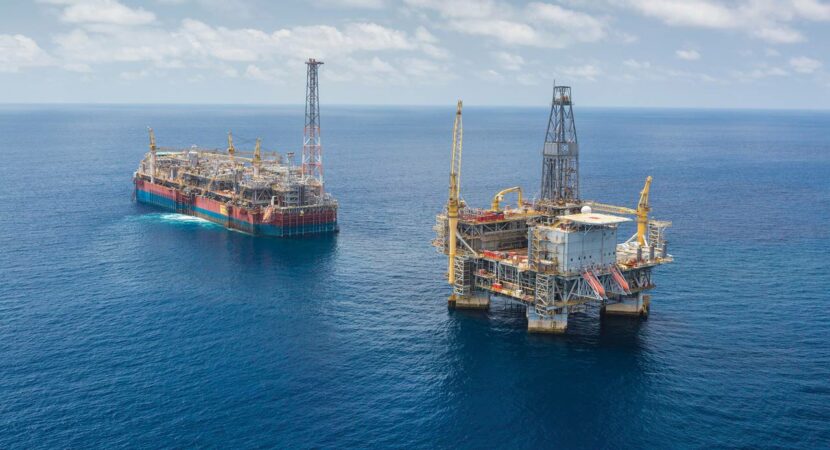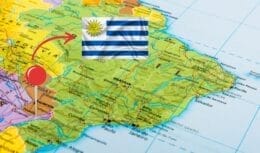
Authorization granted by the Agency refers to the exploration plan for the Titã field, in the pre-salt of the Santos basin
Yesterday, May 30, the ANP approved the PEM (minimum exploratory program) issued by the American oil company ExxonMobil to drill up to 22 wells in the titá field, in the Santos basin.
The block was acquired by the company in the 5th sharing round and drilling is expected to start in 2020.
ExxonMobil shows that its activities in Brazil are booming, in addition to the start of drilling in the titã block, the company already has two requests for environmental licenses in progress.
The licenses refer to campaigns in areas that the company won in 2017 in the 14th and 15th rounds and in the 3rd, 4th and 5th pre-salt auctions.
Of the 22 wells that ExxonMobil intends to drill, 17 exploratory wells are in blocks CM-753, CM-789, SM-536, SM-647 and Titã, in the Campos and Santos basins.
In the Campos Basin, in the area of blocks CM-037 and CM-067, the drilling of up to five exploratory wells is planned.
Strengthening its operations in Brazil, ExxonMobil already has interests in 26 exploratory assets in Brazil in the Campos, Santos, Sergipe-Alagoas, Ceará and Potiguar basins.
Maritime support bases can reactivate stagnant areas
ExxonMobil, the largest private oil company in the world, declared that it plans to use the areas of Nitshore, in Niterói, or the Port of Açu, in São João da Barra, as a base for maritime support, in the hope of reactivating idle sites and generating jobs in areas very affected by the oil and gas industry crisis since 2013.
For air logistics, the idea is to use the Jacarepaguá airport, in Rio de Janeiro, which underwent improvement works in 2007 on the occasion of the Pan American Games, gaining more powerful radio and lighting systems.
See too ! Saipem units are under investigation in Brazil for irregularities in Petrobras contracts!








